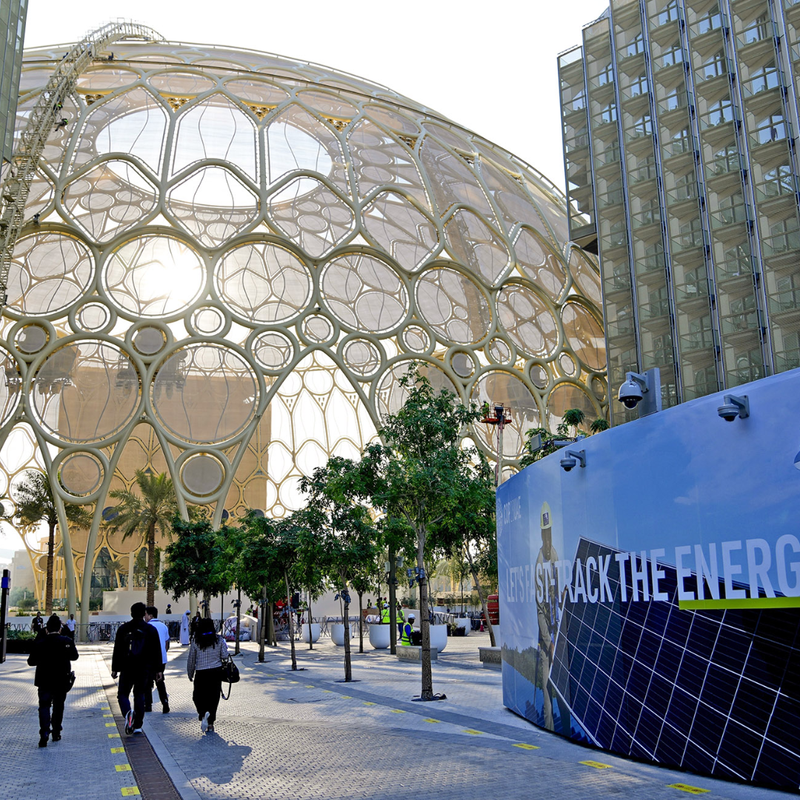
Between November 30th and December 12th, the world turns its attention to Dubai, United Arab Emirates for COP28. With the urgent need to address climate change at the forefront of international discourse, COP28 promises to be a defining moment in the global fight against environmental degradation and combat global warming.
As we delve into the critical discussions of COP28, scientists and experts have expressed growing concerns over the rapid warming of our planet and the escalating frequency of extreme weather events. The urgency to achieve the Paris Agreement's goals, set during COP21 in 2015, is now underscored by the UN’s Intergovernmental Panel on Climate Change. They emphasize that for the world to limit global warming to 1.5°C above pre-industrial levels, a substantial 43% reduction in greenhouse gas emissions is imperative by 2030, compared with 2019 levels.
Consequently, one of the pivotal components of COP28's agenda is the "global stocktake," a comprehensive assessment of the progress countries have made in curbing emissions. The consensus among scientists and experts indicates that this year's summit is poised to reveal a stark reality – the world is falling short of the agreed-upon targets in Paris in 2015. As a result, the pressing question arises: What more needs to be done, and who will take the lead in implementing effective solutions?
The gradual phasing out of fossil fuels should be a big topic of discussion at COP28, as at COP27 in Egypt, a proposal garnered support from over 80 countries to work towards a systematic end to fossil fuel usage, a move aimed at combating the largest contributor to climate change, responsible for approximately three-quarters of greenhouse gas emissions. However, the momentum of this proposal was derailed by influential oil and gas-producing nations, notably Russia and Saudi Arabia.
“Equitable and meaningful climate progress will only happen if the solutions leave no one behind” – H.E. Razan Al Mubarak – UN Climate Change High-Level Champion for COP28.
Countries are poised for a clash over whether to eliminate fossil fuels entirely and, if so, within what timeframe – with the US and EU member states among the most vocal in calling for a timeline to phase out “unabated” fossil fuels. The negotiations will require careful consideration of the diverse perspectives and interests at play.
In addition, you should also expect to see a lot of discussion around the loss and damage fund. While the commitment to establish a fund addressing the impacts of climate change in the developing world was made at the previous COP in Egypt, COP28 now faces the pivotal task of not only creating this fund but also ensuring it is adequately funded. The road to achieving this goal, however, has proven to be challenging, with pre-summit discussions marked by heightened tensions between developed and developing nations.
Topics covered
Keep reading...
All blogs-
Diversity and Inclusion
Pride 2023 - Demonstrating Allyship at Spencer Ogden
-
General
Celebrating International Women in Engineering Day 2023
-
Industry insights
The reskilling gap: Finding talent in the energy transition
-
SOapbox Season Two
The SOapbox Series | Season 2 Episode 5: Culture, diversity and renewable energy
-
SO announcements
HSBC support Spencer Ogden’s global growing business





